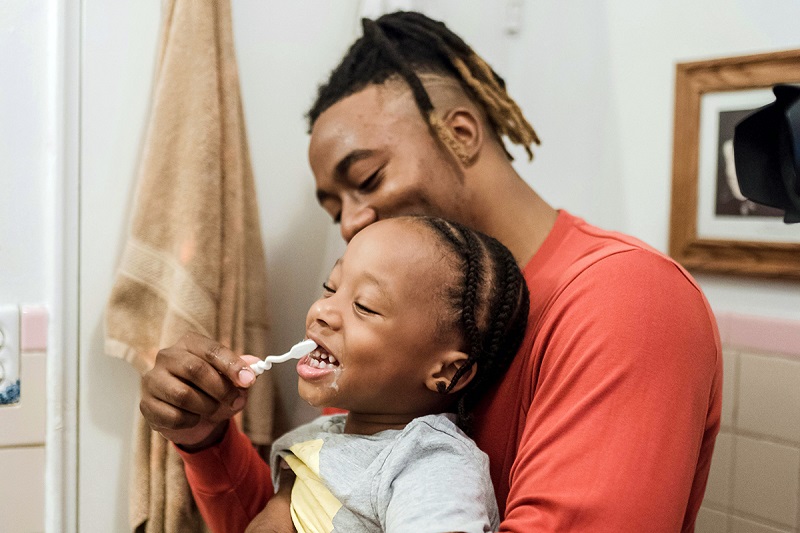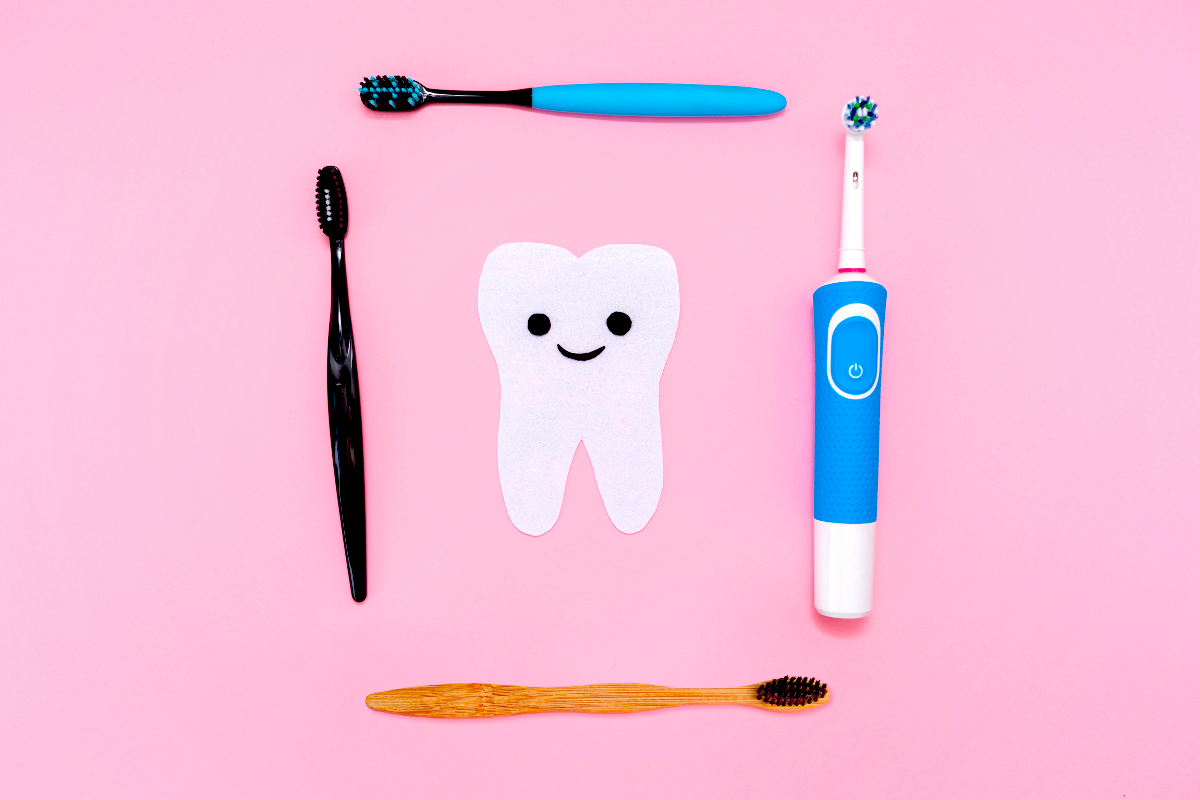How important is toothbrushing to overall dental health? I’ve heard over the years that there actually isn’t a lot of solid evidence on the mechanism of brushing itself, and that the more critical interventions are flossing and fluoride (which, of course, is applied to the teeth if brushing with fluoride toothpaste…). Relatedly, if we brush/floss at night, how important is it to nag my 7-year-old about brushing in a morning already chock-full of nagging and foot-dragging?
—Seeking dental health and sanity
As a parent, the resistance to toothbrushing is something I struggle to understand. It’s not that I love brushing my teeth, but the feeling of plaque and food in my teeth is gross. The fact that I spend a lot of time walking outside of the bathroom and saying things to my kids like “Move the brush around” — just, why?
What is complex about this question in the data is that reliable toothbrushing is associated with other dental behaviors. Kids who brush twice a day are more likely to have access to a dentist and to fluoride treatments or fluoridated water. We know that fluoride prevents cavities, so it’s hard to separate out the brushing. (There’s been talk about possible risks of fluoride — I discuss, and largely debunk, that in this post about fluoride in drinking water.)

Having said that, there is an association between toothbrushing frequency and cavities in the data. Longitudinal data shows that increasing brushing from less than once a day to more than once a day is associated with lower incidence of cavities. Is it causal? Unclear.
Randomized studies have focused on cavities and the impact of parental supervision during brushing. Assuming that supervision improves brushing, this can also be seen as a test of whether brushing matters. The results from these studies tend to be underwhelming — some of them show impacts, some of them do not. Of course, the difference between brushing at all and not may be larger than the difference between brushing supervised versus unsupervised.
Overall, the causal evidence here is not compelling, but the mechanisms are there and the associations are strong. So I wouldn’t give up on brushing, but I wouldn’t go overboard with the nagging. A happy medium!
Community Guidelines


















Log in
I’m interested in how important brushing is for babies who are getting their first teeth…brushing their teeth is even harder!
As a dental hygienist and mom of a 12-month old, I’ll just drop my two-cents: I think the most important thing for babies is just getting them used to the process and the feeling of something touching their teeth and gums, and making it fun (or at least, not stressful). I let my daughter chew on her little silicone brush and try to brush her 3 teeth, and she laughs when the back of the brush squeaks against her gums. Is it doing much for plaque removal? Likely not, but she is letting me get in there. I know every child is different and every day they’ll put up with something different, so I tell my patients to just do their best and not overthink it (like most parts of parenting!).
Our dentist said that for some people brushing is more important and that for some people flossing is more important. It depends on the shape of your teeth. But also avoiding regular juice or soda is key to dental health.